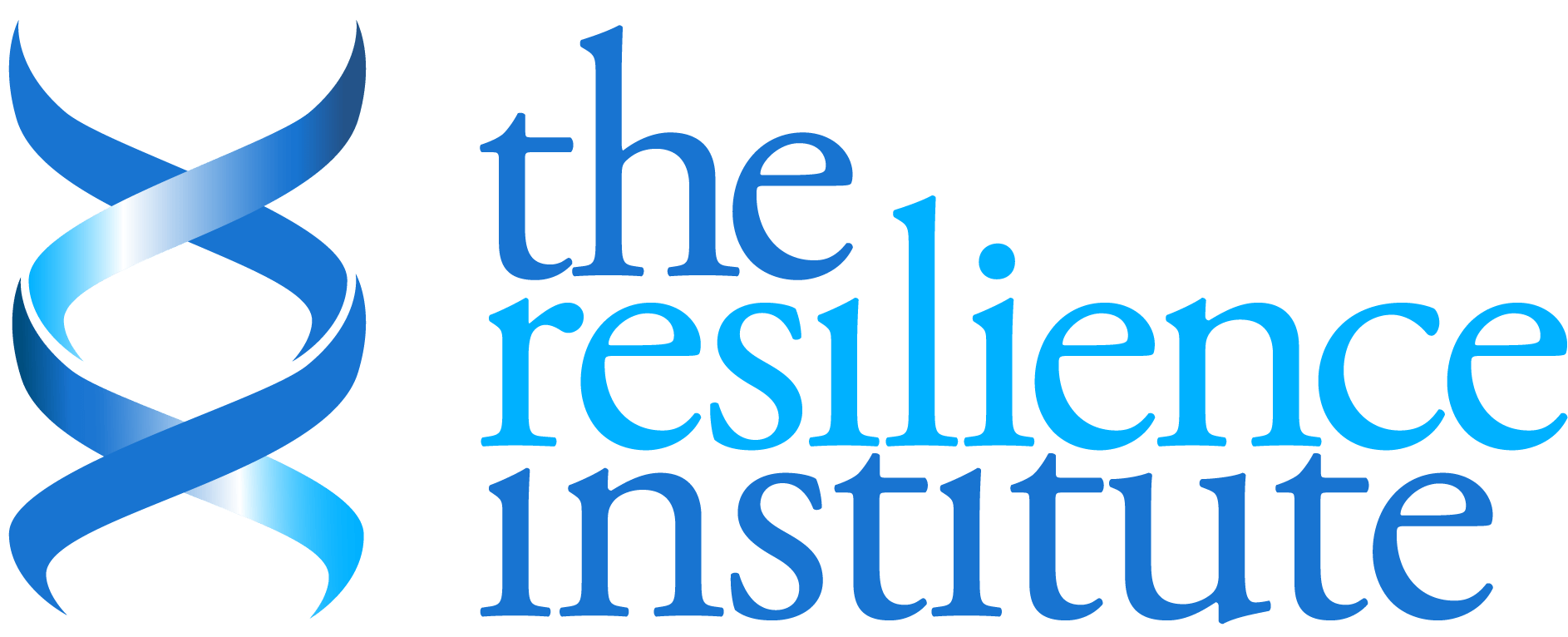Peter Thiel claims there are 4 ways to build a monopoly:
1. Network effects (where the product/services get incrementally better relative to customer/user with each new customer/user)
2. Economies of scale (where delivery of value to customer requires high fixed costs, but low marginal costs)
3. IP - Where secrets are leveraged (technology secrets, personal secrets (like in the Mafia))
4. Branding - “Branding alone is always a difficult one. It’s a real thing. It’s something I don’t claim to understand, so I don’t like investing in companies that are nothing but a brand, even though sometimes those things do work." Peter Thiel
I align with 1-3, however, I would like to challenge 4.
There is no such thing as branding.
Branding is just the probability that a customer will transact again with the company and is therefore only a byproduct of the transaction history relative to a customer and company.
Versace has a strong brand because Gianni Versace was a fantastic designer who was sewing with his mother since he was a toddler and developed design skills which lead to best-in-market design relative to a specific customer.
Yves Saint-Laurent was creating paper dolls as a kid, which lead to designer dresses (IP), which lead to the best-in-market design relative to a specific customer.
Coca-Cola had cocaine in its products and now high levels of caffeine (chemical IP which leads to addiction - very high probability that customer will perform repeat transaction)
Starbucks has the highest caffeine/ml content.
Caffeine (mg)Volume (ml)mg/ml Starbucks Relative StrengthStarbucks310473.180.6551418065 Tim Hortons2705630.479573712336.61%MacDonalds145473.180.3064372966113.79%Dunkin Donuts210414.0290.507210847529.17%
Starbucks' "brand" is a byproduct of having the highest level of chemical dependency through caffeine.
Conclusions:
- Doing any activities with the prime directive as "branding" is stupid, since branding is merely a byproduct of being useful. Focus on IP, network effects, economies of scale.
- Marketing should demonstrate utility.
- Betting on addictive products (products that leverage chemical dependencies) that intertwine economies of scale and network effects is a good investment strategy.
Sources:
https://www.caffeineinformer.com/tim-hortons-coffee-caffeine-content







.png)











.png)






